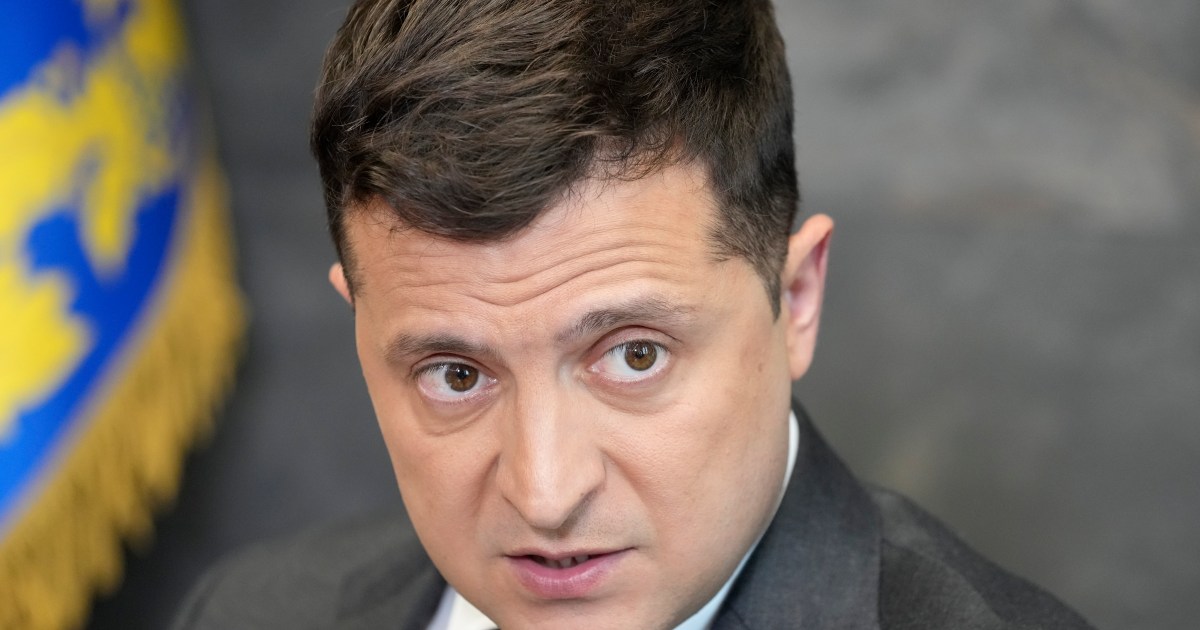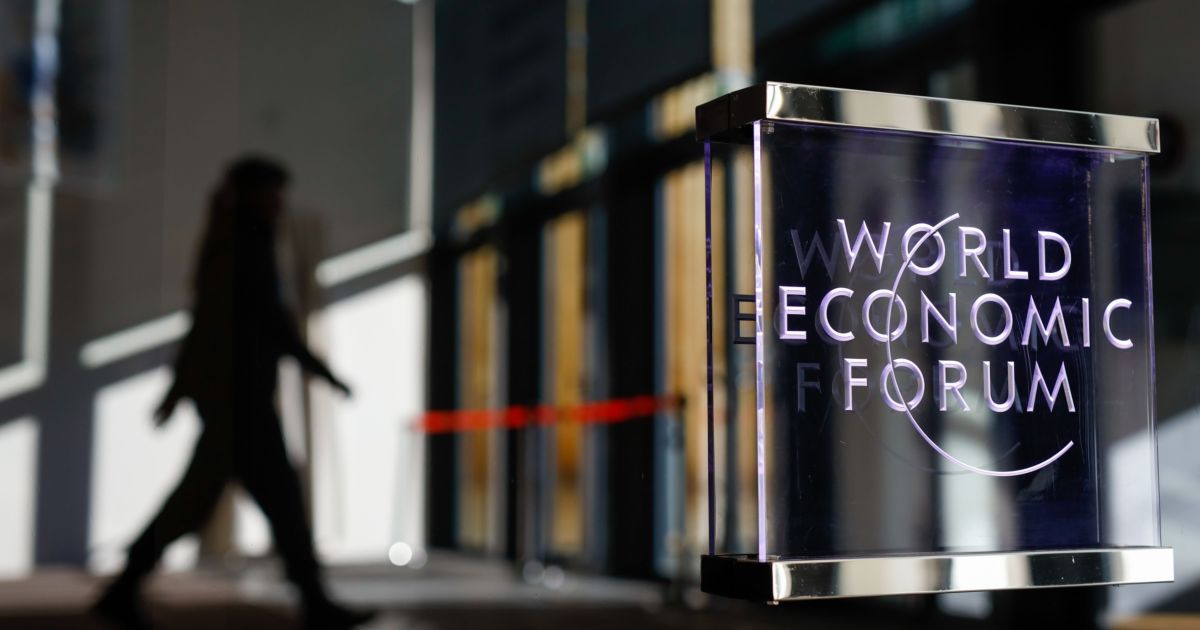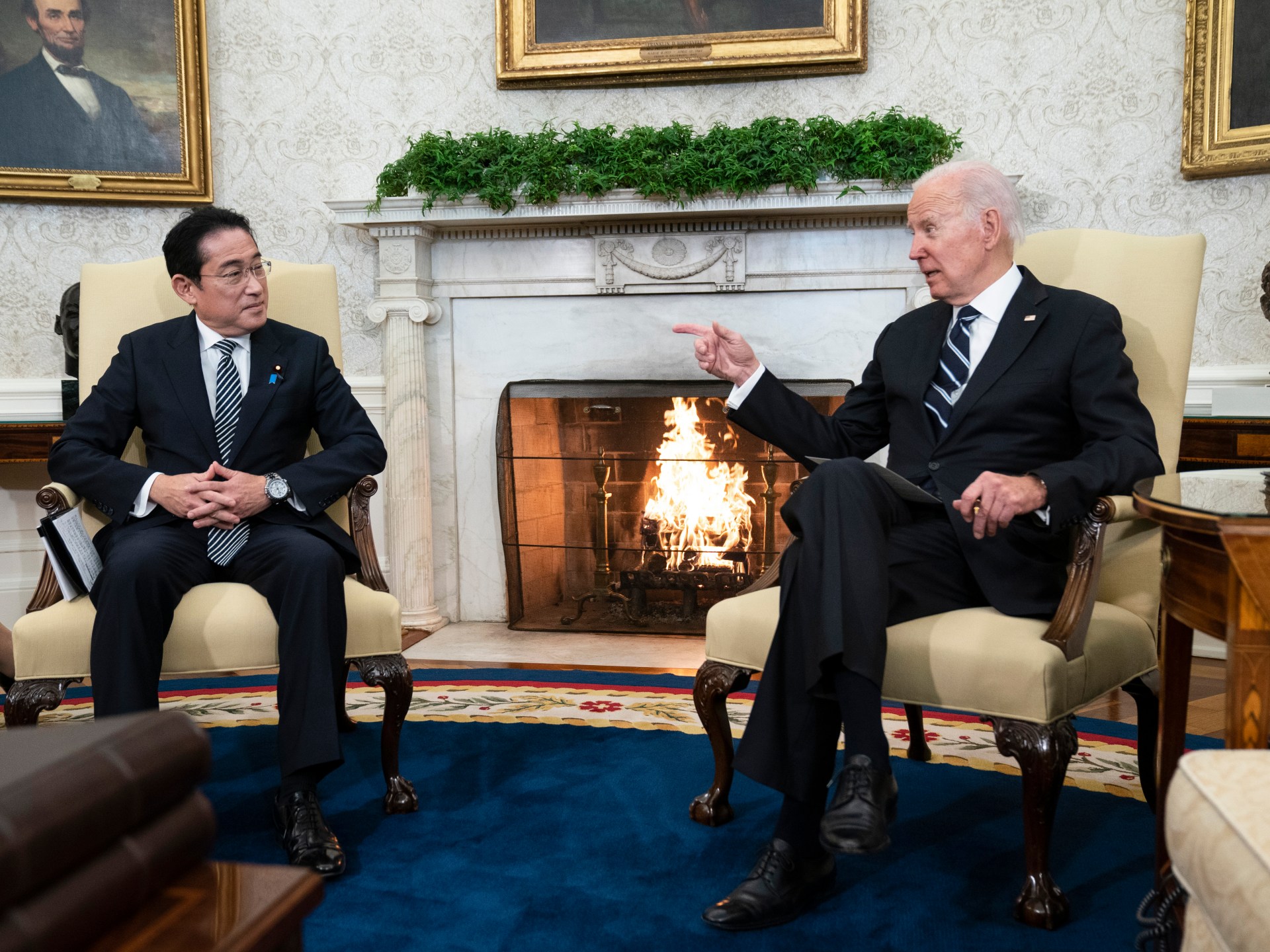Facing Putin’s threat, Ukraine’s president plays two roles | Ukraine-Russia crisis News
Kyiv, Ukraine – In a speech to Ukrainian lawmakers, President Volodymyr Zelenskyy occasionally sounded like a self-help guru.
“Let us appreciate ourselves, love ourselves, not try to appease others. Let us think what our descendants will say, not some politicians,” Zelenskyy told the Verkhovna Rada, Ukraine’s lower house of parliament, on February 1.
Zelenskyy was discussing the dire straits his ex-Soviet nation of 43 million has been in for months after Russian President Vladimir Putin amassed more than 100,000 troops next to Ukraine’s border – in western Russia, neighbouring Belarus and annexed Crimea.
Zelenskyy called on the legislators to unite in the face of a possible Russian invasion and to ignore what others think about Ukraine’s struggle for survival.
“It is impossible to be liked by everyone while sincerely defending your own national interests,” said the 44-year-old comedian, actor and producer who became Ukraine’s president in 2019 against all political odds after trouncing nationalist President Petro Poroshenko.
Hours after Zelenskyy’s parliament address and minutes after talks with visiting British Prime Minister Boris Johnson, the seasoned thespian looked and sounded like a totally different character – someone scared and in need of urgent help.
“We have to get ready for bad things. And we’re doing it. Despite all the alliances, doors and windows that are open to us, no one knows where the door and where the window are and what it is going to happen,” Zelenskyy told reporters.
In recent weeks, he has exhibited two different, mutually exclusive stage personas that reflect Ukraine’s own duality.
Ukraine is one of Europe’s poorest nations; its economy took a nosedive after the 2014 Revolution of Dignity that toppled a pro-Russian president and resulted in severed economic ties with Moscow.
It also sends millions of labour migrants abroad and largely depends on their remittances, and hefty loans from the International Monetary Fund – the last, $700m loan was approved in November.
And it is a deeply polarised nation.
Zelenskyy has to walk a political tightrope balancing between Russian-speaking east and south that gravitate towards Russia culturally and economically – without necessarily being pro-Putin, and the Ukrainian-speaking centre and west that spawn most of the labour migrants and want Kyiv to join the European Union and the NATO.
“Zelenskyy’s position is not a cunning plan, it is a disparity between his foreign policy submissiveness and domestic legitimacy,” Kyiv-based analyst Aleksey Kushch told Al Jazeera.
“The former is far behind the latter, that is why his international stance cannot be harsh, he only hints that he won’t be used in other [players’] games. Domestically, he is more confident and allows more independent rhetoric,” he said.
Many Ukrainians disapprove of Zelenskyy’s dual performance.
“He is trying to sit on two chairs at once, but may end up falling down,” Olena Zabelina, who works 12-hour shifts at a restaurant in northern Kyiv, told Al Jazeera.
“He has to decide what to save – Ukraine or his own ratings,” the 37-year-old added.
Zelenskyy’s approach does not seem to be working in sociological terms either – while his nemesis Poroshenko is gaining steam.
Only 17.4 percent of Ukrainians would vote for Zelenskyy, according to a survey by the Kyiv International Sociology, an independent pollster, released on January 24. That is a notch down from 19.1 percent in October, the survey said.
Meanwhile, Poroshenko’s support grew from 12.1 percent in October to 15.5 in late January, it said. The main reason for Zelenskyy’s plummeting approval is not the war – but corruption, the biggest domestic problem that he promised to tackle during his election campaign.
“He is fully incapable of ridding of the ministerial bureaucracy he came to power to fight with,” Nikolay Mitrokhin of Germany’s Bremen University told Al Jazeera.
“Having brought to power a small group of people fully incompetent in matters of state administration, he didn’t improve the situation but made it worse,” he said. However, a top military expert believed that Zelenskyy is an effective leader capable of reforming the military and rallying the public behind it.
“His work succeeded,” Ihor Romanenko, a retired lieutenant-general and former deputy chief of Ukraine’s General Staff told Al Jazeera.
He lauded Zelenskyy’s diplomatic efforts to secure Western diplomatic and military support, his recent steps to provide basic military training for civilians and abolish Soviet-era conscription, thus making Ukraine’s military fully professional. And Ukraine’s top brass seem to be following Zelenskyy’s dual performance.
“Don’t panic! Everything is going to be just fine!” Ukrainian Defence Minister Oleksiy Reznikov told journalists on February 1 as he stood next to his Canadian counterpart Anita Anand.
But minutes earlier, Anand refused to supply Canadian-made lethal weapons to Ukraine – only pledging to discuss the request with her government.
“It would be prudent in light of the very intense and sensitive security situation at the current time to discuss that first with my counterparts in cabinet and with the prime minister,” Anand told reporters.
She said, however, that some 200 Canadian military officers that trained thousands of Ukrainian servicemen would continue their mission. Canadians were only a fraction of Western instructions who helped reform Ukraine’s military since 2014, when Russian annexed Crimea and backed separatists in the southeastern regions of Donetsk and Luhansk.
At the time, Ukrainian troops were under-equipped and demoralised. Almost eight years later, as the war with the separatists went on killing more than 13,000, Ukraine’s military is battle-trained – and equipped with better weaponry, produced domestically or supplied by the West or Turkey.
As Putin trades tirades with the West about his troops next to Ukraine, many believe the buildup is nothing but Russia’s show of force designed to coerce Ukraine and its Western backers to stick to the 2015 Minsk agreements that prescribe a peaceful reintegration of the separatist regions and an amnesty to separatist forces once they disband.
Moscow has insisted that Ukraine has to “federalise”, granting more autonomy to the separatist regions which will be able to use Russian as their second official language and deal more freely with Moscow.




